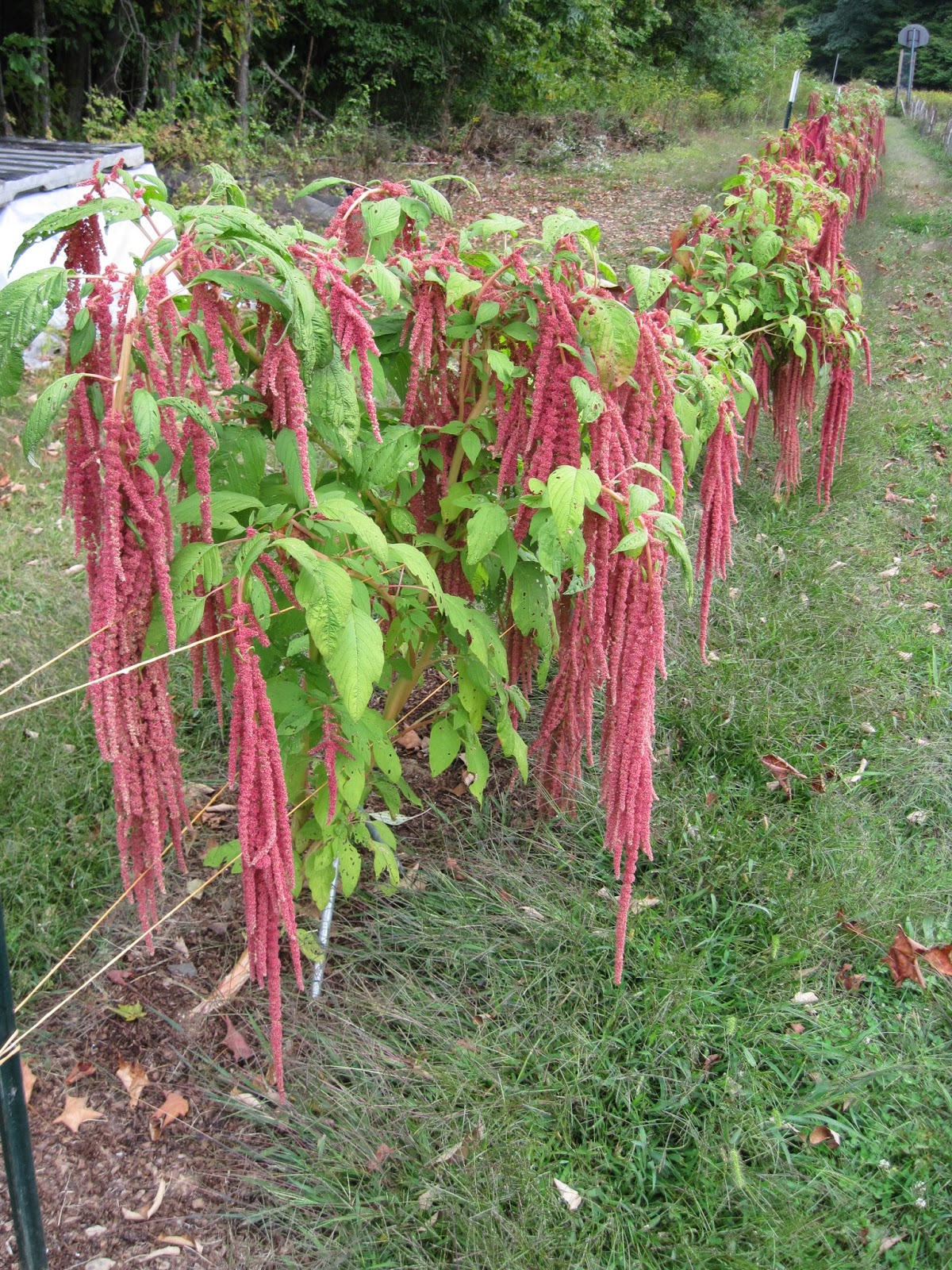Okra photos by the author, use by permission only.
Oh, my, this is one plant I will definitely grow next year. I ordered burgundy okra seeds from Pinetree Garden Seeds (www.superseeds.com) last winter. I really like okra, but have not grown it in a few years, Well, this okra is not only beautiful, but the pods are very tasty. It is easy to grow, as long as the huge plants get sufficient water (it was a dry summer). I had one plant grow over 5 feet tall! The deep red stems, red-veined green leaves, red fruit and absolutely gorgeous flowers make it a natural in the back of the flower border, too! Did you know that okra is a member of the hibiscus family, as is cotton?
Have you been getting your seed catalogs? Planting season will be here soon!
Happy gardening!
http://en.wikipedia.org/wiki/Okra








